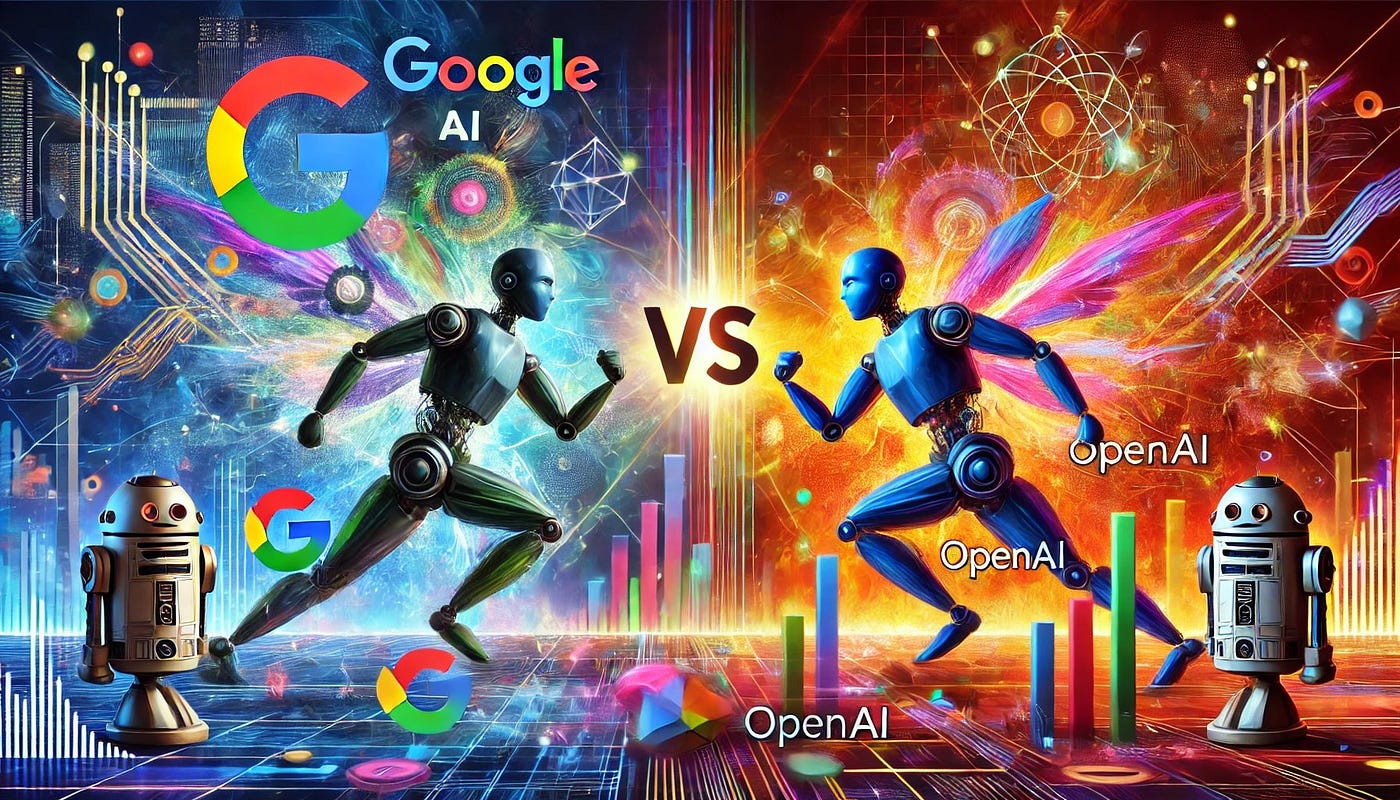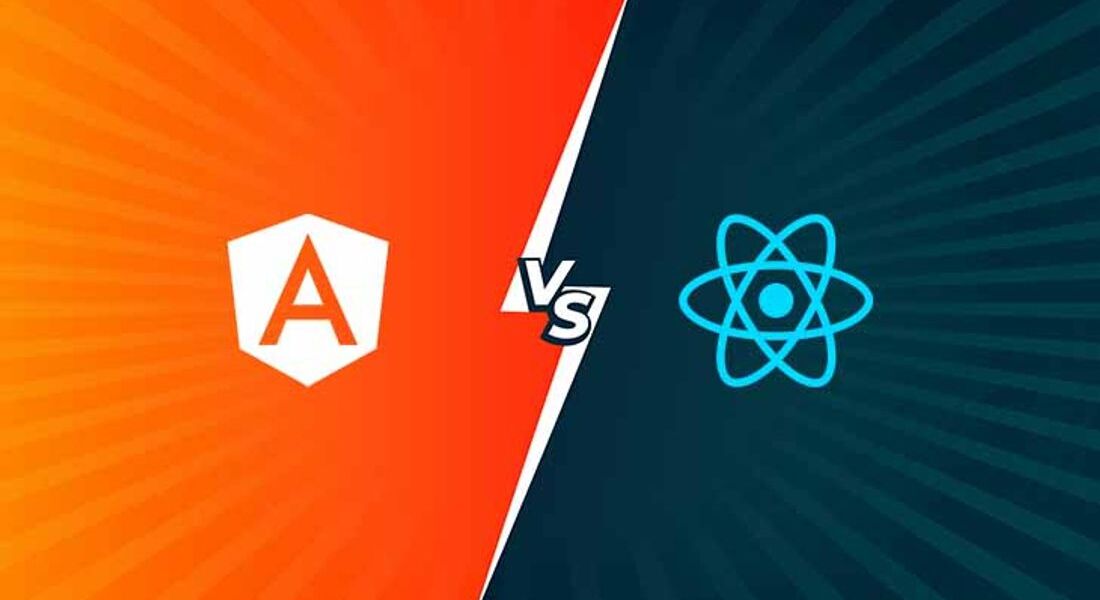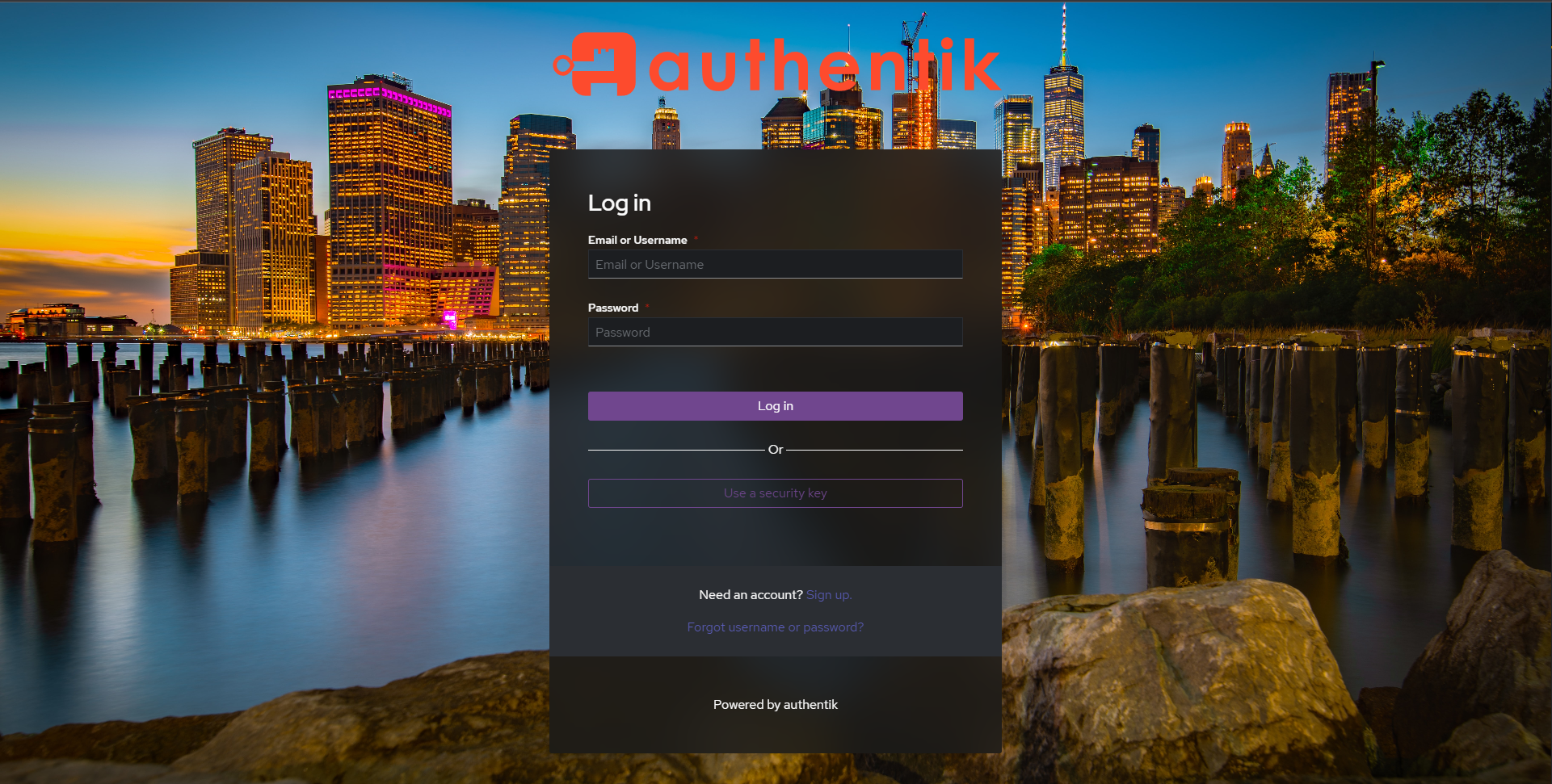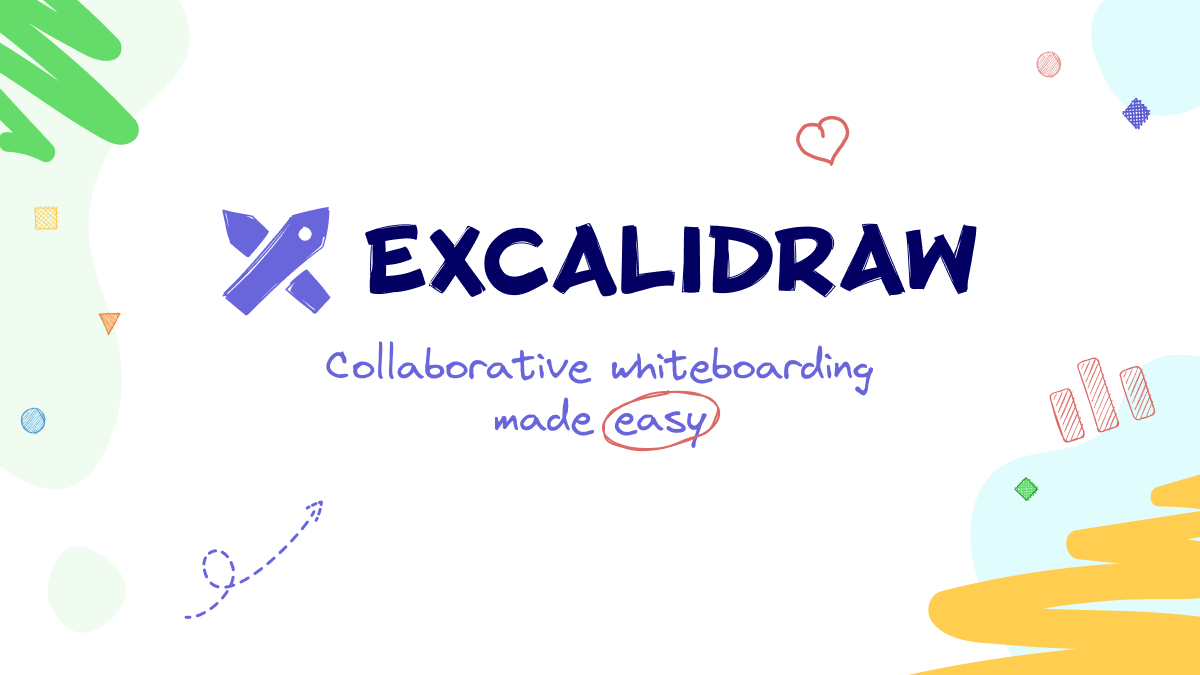Artificial intelligence has become the new battleground for tech supremacy, with OpenAI, Google, and Meta leading the charge. As an AI enthusiast, I’ve been closely following the rapid developments, and it’s fascinating to see how these three giants are shaping the future of machine intelligence in their own ways. Each company has its own vision, strengths, and challenges, making this an intense and unpredictable race.
🚀 OpenAI: The Disruptive Innovator
OpenAI has positioned itself as a trailblazer, pushing the boundaries of AI with models like GPT and DALL·E. With a mission to ensure AI benefits all of humanity, OpenAI’s approach has been both ambitious and controversial. The launch of ChatGPT disrupted the AI chatbot space, compelling competitors to accelerate their own AI initiatives. OpenAI’s strength lies in its research-driven approach and its ability to turn cutting-edge technology into real-world applications quickly. However, its reliance on external partnerships, particularly with Microsoft, raises questions about its long-term independence and sustainability.
🔹 Strengths: Rapid innovation, real-world AI applications, strong research foundation
🔹 Challenges: Ethical concerns, AI bias, dependency on Microsoft
⚡ Google: The AI Powerhouse
Google has long been an AI leader, leveraging deep learning and machine learning across its vast ecosystem. With innovations like DeepMind’s AlphaFold, the PaLM language model, and AI-powered Search, Google’s approach is methodical and deeply integrated into its existing products. Unlike OpenAI, Google has the infrastructure and resources to scale AI across multiple domains seamlessly.
However, Google’s AI journey hasn’t been without challenges. The company’s cautious stance on AI releases, driven by ethical and regulatory concerns, sometimes makes it appear slow compared to OpenAI’s rapid-fire product launches. The controversial internal debates over AI ethics, such as the departure of prominent AI researchers, have also put a spotlight on Google’s internal struggles. That said, its recent push to integrate AI deeply into Search, Workspace, and Android suggests that Google is playing the long game, ensuring its AI solutions are robust and reliable.
🔹 Strengths: Unmatched infrastructure, strong research division, deep AI integration
🔹 Challenges: Ethical concerns, internal conflicts, slower public releases
🌍 Meta: The Open-Source Champion
Meta, formerly Facebook, is taking a different route by championing open-source AI. Its LLaMA models and research into generative AI reflect its commitment to collaborative development. Unlike OpenAI and Google, which keep much of their AI infrastructure proprietary, Meta’s decision to open-source its AI models has the potential to accelerate global AI research and development.
Meta’s strength lies in its social media dominance, where AI plays a crucial role in content recommendation, moderation, and even the metaverse. However, its focus on the metaverse—while visionary—hasn’t yet gained the widespread adoption it hoped for. Additionally, Meta still faces skepticism due to past privacy controversies, making trust a key challenge in its AI initiatives. While its open-source AI efforts are commendable, whether they translate into a competitive edge remains to be seen.
🔹 Strengths: Open-source leadership, AI-driven social media, metaverse potential
🔹 Challenges: Privacy concerns, metaverse struggles, uncertain long-term impact
🎯 The Future of AI: Who Will Win?
The race among OpenAI, Google, and Meta is far from over. ✅ OpenAI is pushing the boundaries of AI applications.
✅ Google is methodically integrating AI into everyday life.
✅ Meta is democratizing AI through open-source initiatives.
Each company brings a unique approach to the table, ensuring that competition remains fierce and innovation continues at a rapid pace.
But will there be a clear winner? I don’t think so. Instead, the real winners will be the users, developers, and businesses that harness these AI advancements to drive progress. The question isn’t just who will dominate AI—it’s how AI will redefine our future. Whether through smarter search, more creative AI tools, or more open and accessible AI models, we are witnessing a technological revolution that will shape industries, economies, and societies for years to come.
As an AI enthusiast, I’m excited to see what comes next. The battle of AI giants isn’t just about competition—it’s about shaping the future of intelligence itself. 💡🔥




Post Comment